| 结构式 | 名称/CAS号 | 全部文献 |
|---|---|---|
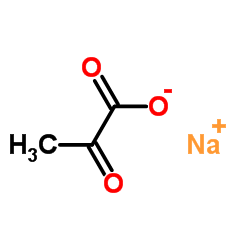 |
丙酮酸钠
CAS:113-24-6 |
|
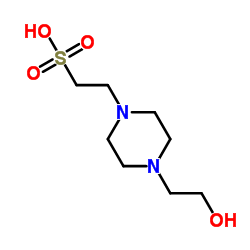 |
4-羟乙基哌嗪乙磺酸
CAS:7365-45-9 |
|
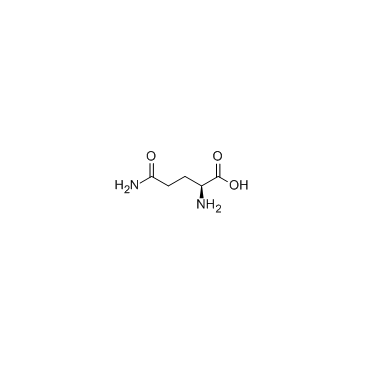 |
L-谷氨酰胺
CAS:56-85-9 |
|
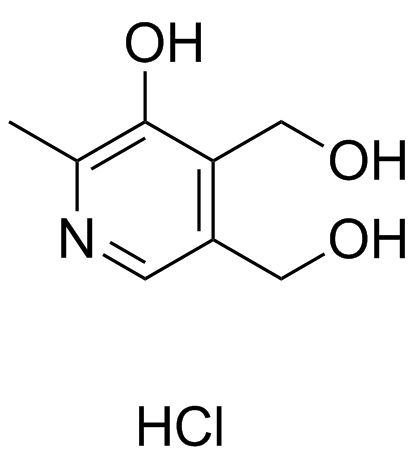 |
吡哆醇盐酸盐
CAS:58-56-0 |
|
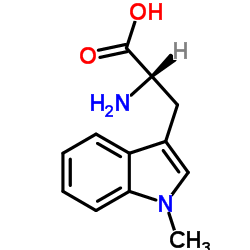 |
相思子碱
CAS:21339-55-9 |